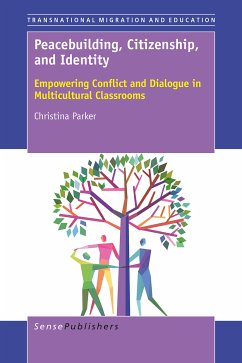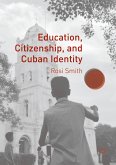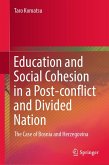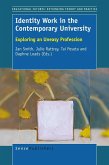Immigrant children embody the many issues confronting today's youth in a global, transnational, and interconnected world. Drawing on in-depth empirical case studies, this book explores the classroom experiences of these children. Varying in social and cultural capital, they contend with social and cultural conflict influenced not only by global politics and familial prejudices, but also by structural exclusion in Western curricula.
In democratic peacebuilding education, diverse students express divergent points of view in open, inclusive dialogue. Negotiating their multiple identities, such children develop skills for managing and responding to that conflict, thereby acquiring tools to challenge dominant hegemonic systems of oppression and control later in life.
In vivid classroom depictions, the reader learns of many outcomes: Young, quiet, and marginalized voices were heard. Dialogic pedagogies encouraged cooperation among students and strengthened class communities. What is more, the implicit and explicit curricula implemented in these diverse classrooms served to shape how students interpreted democracy in multicultural Canada.
The diverse experiences of the young people and teachers in this book illuminate the innermost landscapes of multicultural classrooms, providing deep insight into the social and cultural challenges and opportunities that ethnocultural minority children experience at school.
Dieser Download kann aus rechtlichen Gründen nur mit Rechnungsadresse in A, B, BG, CY, CZ, D, DK, EW, E, FIN, F, GR, HR, H, IRL, I, LT, L, LR, M, NL, PL, P, R, S, SLO, SK ausgeliefert werden.









